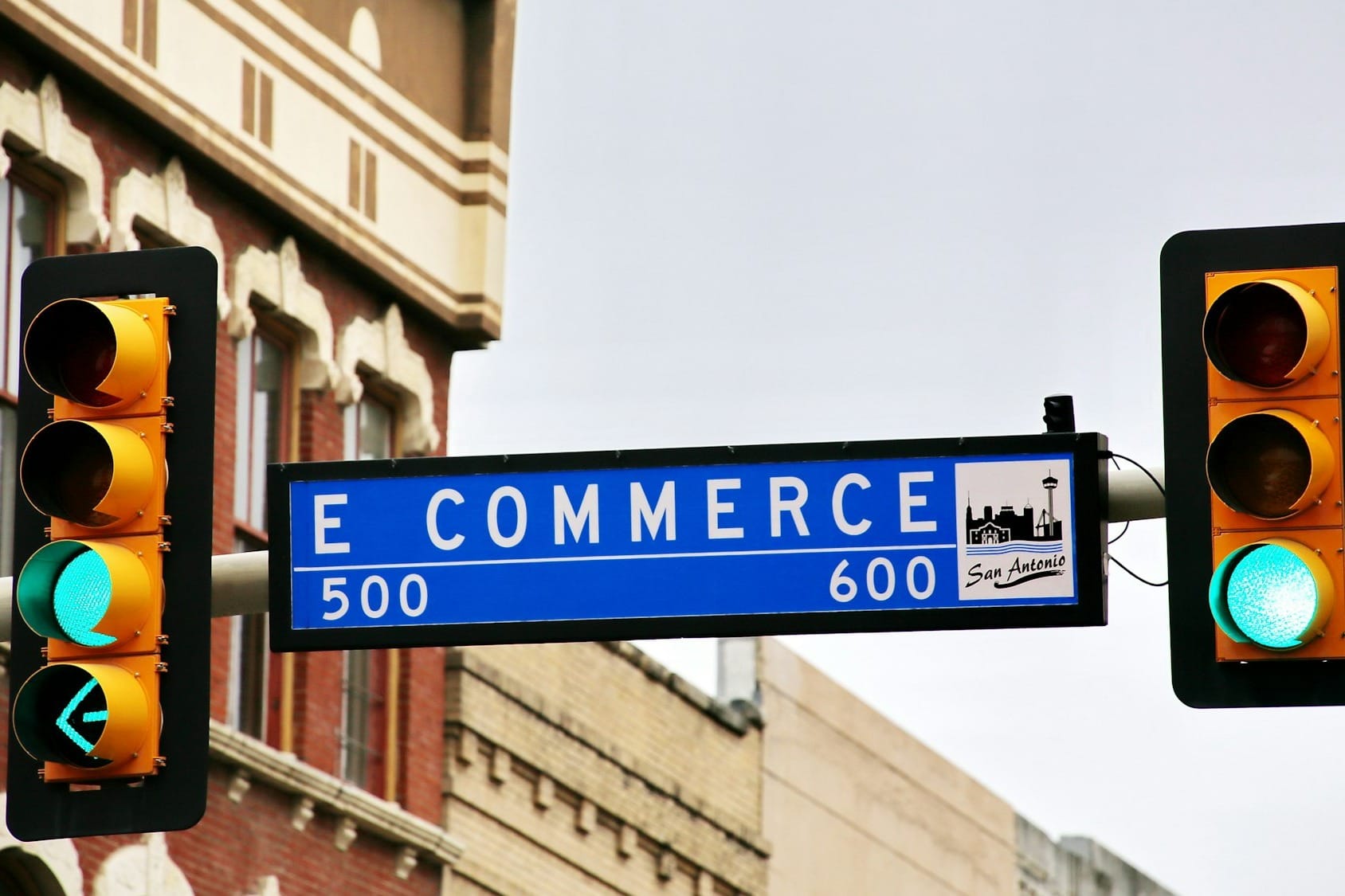The first quarter of 2024 witnessed unprecedented growth in the ecommerce sector, setting new records for online sales in the United States. Ecommerce sales reached approximately $268.12 billion in Q1 2024, an 8.5% increase over the $247.18 billion recorded in Q1 2023. This marks the fastest Q1 growth since the onset of the COVID-19 pandemic in 2020 (Digital Commerce 360).
Key Highlights:
- Historical Penetration Rates:
- Ecommerce Share: Ecommerce accounted for 22.2% of total retail sales in Q1 2024, surpassing the previous Q1 record of 21.2% in 2023.
- Comparison with Holiday Sales: While Q4 typically sees higher sales due to the holiday season, Q1 2024's performance was notably strong, showing resilience and steady consumer shift towards online shopping.
- Consumer Behavior:
- Price-Conscious Shoppers: The surge in ecommerce is partly driven by price-conscious consumers seeking better deals online amidst inflationary pressures. Online platforms have become go-to destinations for finding competitive prices and discounts (Digital Commerce 360).
- Quarterly Growth Dynamics:
- Quarter-over-Quarter Decline: As expected, there was a 17% decline in ecommerce sales from Q4 2023 to Q1 2024. This seasonal dip is typical as Q4 includes significant holiday shopping activities.
- Year-over-Year Growth: The year-over-year growth rate of 8.5% for ecommerce sales was more than double the overall retail growth rate of 3.4% for the same period, highlighting the robust expansion of the online shopping sector.
- Total Retail Sales:
- Overall Figures: Total retail sales in the U.S. for Q1 2024 were estimated at $1.820 trillion, with ecommerce contributing significantly to this total. Excluding segments not typically associated with online sales (like restaurants and gas stations), the ecommerce penetration was even higher (Digital Commerce 360) (E-Commerce Times).
Implications for the Retail Sector:
- Increased Adoption of Online Shopping: The consistent growth in ecommerce indicates a permanent shift in consumer behavior towards online shopping, accelerated by the pandemic and sustained by the convenience and competitive pricing offered online.
- Retailer Adaptation: Retailers are increasingly focusing on enhancing their online presence, improving user experience, and adopting advanced technologies like AI and machine learning to better understand and serve their customers.
- Sustainability Concerns: The rise in ecommerce also brings challenges, such as managing returns and reducing environmental impacts. Retailers are exploring sustainable practices to address these issues.
These developments suggest that the ecommerce sector is not only growing in terms of sales but also evolving to meet new consumer expectations and environmental standards.




